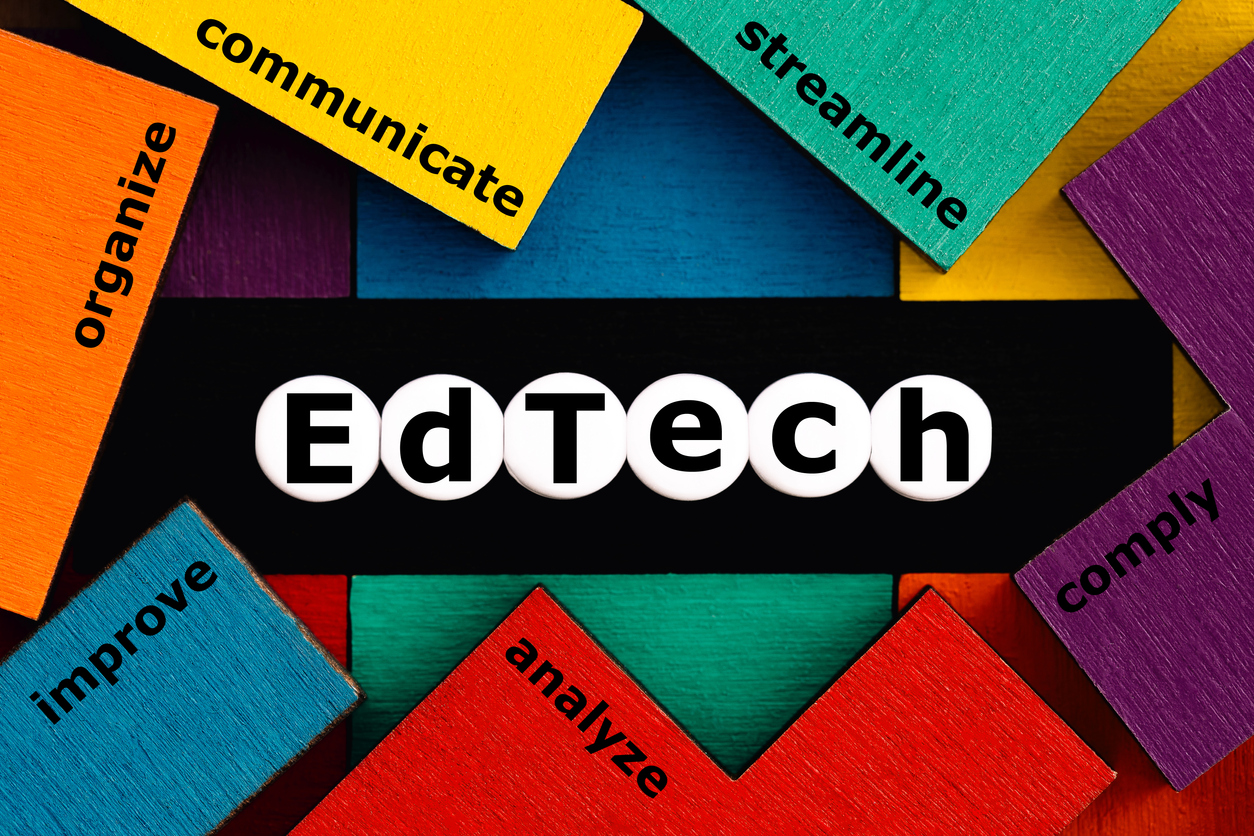
November 25, 2021
The advent of AI, VR, and blockchain is expected to change the education ecosystem
India has the potential to become a $313 billion online education market by 2030
The NEP recommends the focusing of edtech through app-based learning, development of online student communities, and using innovative methodologies to deliver lessons
The 2020 lockdown has changed the mindset of students, parents, and working professionals towards online education

India is all set to become a $313 billion online education market by 2030 according to a new report by Aspire Circle, a not-for-profit forum promoting social leadership. The report says that India’s education and skills market will grow double this decade, from $180 billion in 2020 to $313 billion in 2030, while creating five million incremental jobs and impacting 429 million learners.
With the onset of the pandemic, demand for online education in India surged in 2020 as schools and colleges shut down and education went online. The online learning boom saw an increase in the number of startups in the education technology space, with several of them securing some of the largest cheques from institutional investors in the past year. In 2019, edtech was one of the least funded sectors in India, but this changed with the advent of remote learning. This has resulted in an increase in funding to edtech startups increasing from $522 million in 2019 to $2.2 billion in 2020, according to the Indian Private Equity and Venture Capital Association (IVCA). Byju’s, Unacademy, Eruditus, and upGrad – all unicorns – have reported having raised over $4 billion in investments since 2020. Byju’s, the first Indian edtech company to turn unicorn in 2018, is now valued at $16.5 billion and is the highest valued edtech startup globally. Byju’s and Unacademy have raised funds worth $2.32 billion and $354 million respectively in 2020.
Not surprisingly, the user base for edtech has also increased from 45 million to 90 million as per RedSeer & Omidyar Network India, including both free and paid users. It is estimated that by 2022, the online education offerings market will be worth $ 1.17 billion.
The advent of artificial intelligence (AI), virtual reality (VR), and blockchain is also expected to transform the education ecosystem and the way in which education is imparted currently making it more interactive and immersive. Additionally, the National Education Policy (NEP) 2020, with its focus on technology and digital skills will further boost the educational sector.
The Aspire report talks in detail about investment ideas that can change the way Indians get educated, including skilling and training using cutting-edge technology. The investment ideas include technology-enabled K-12 education, online test preparation platforms-led inclusion and affordability, supplemental and extra-curricular education, teacher training and development, affordable education loan platforms, the gig economy and unbundled microtasking, affordable student housing, innovative finance in education and skilling, micro and alternative credentials for employability skills, and social and emotional learning. As edtech’s scope is not limited to classrooms, it will disrupt traditional education systems and offer innovative solutions to cultivate critical thinking and creativity, ensuring that the education provided is relevant.
NEP 2020 envisions the formation of an autonomous body called the National Educational Technology Forum, which will act as a platform for the exchange of ideas on the usage of technology to enhance learning, plan assessments, and administration of the education system. In addition, the need for investing in digital infrastructure, developing online teaching platforms & tools, and creating virtual labs & digital repositories under the NEP will also result in a massive increase in public spending.
With increasing internet penetration and a push towards online education in the pandemic, the ed-tech sector is all set to grow further, aided by increased funding and interest from global investors and policymakers alike.